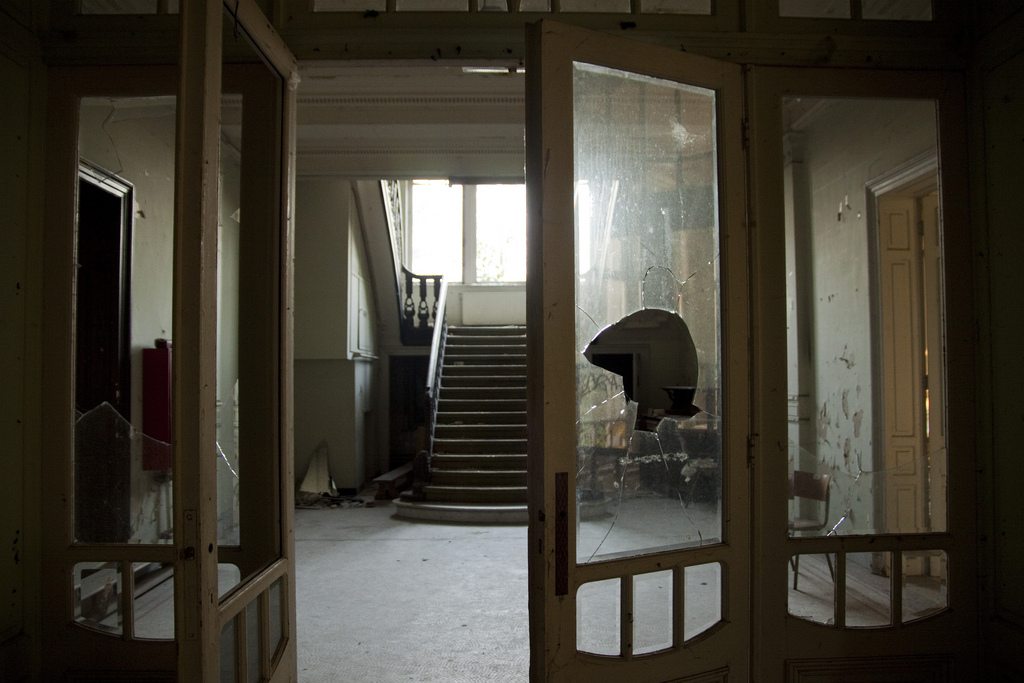The October 2012 amendment to the Immigration and Refugee Protection Act was designed to deter immigration fraud; however, the proposed changes had earlier alarmed stakeholders who feared that these changes could compromise the safety of immigrant women.
According to social service providers, those early fears may be proving prescient, as some report an increased caseload of violence against women. This is a chilling development when the Canadian Women’s Foundation website already cautions that every six days a Canadian woman is killed by her intimate partner.
The amendment, termed conditional permanent residency, requires that sponsored spouses must cohabit in a legitimate relationship for two years before obtaining permanent residency. A caveat does provide assurance that in cases of proven abuse or neglect the victim would not be deported.
Jason Kenney, then Minister of Immigration, touted the measure as a response to the “countless cases of marriage fraud across the country.” His announcement was applauded by groups like Canadians Against Immigration Fraud, who lobbied the federal government to hold spousal sponsorship to greater scrutiny.
But actual data on the number of sham marriages is lacking. In 2012, 134 people were deported from Canada, only some of whom had entered into a marriage of convenience.
Even more problematic however are the implications for society’s most vulnerable citizens. Women’s advocates and citizenship lawyers argue that the law, while laudable in intent, has increased the marginalization of a forgotten group — victims of spousal abuse.
Arghavan Gerami, an Ottawa-based refugee lawyer, feels that the parliamentary process was not sufficiently informed by human rights. “The state needs to be informed by existing evidence when crafting legislation, and be informed by gender sensitivity… if a greater consideration of the impact on women had been weighed, this law would not have been passed,” says Gerami.
Ed Corrigan, a specialist in refugee protection in London, Ontario agrees. He points to the steady erosion of human rights in enacted legislation over time during the tenure of the current federal government and affirms the precarious position of these women.
Corrigan is candid in his assessment of the law and current Immigration Minister Chris Alexander’s overbearing approach: “A sledgehammer was used to kill a fly.”
Now, women with conditional residency status living in fear at home must make a stark choice: Should they accept intimate partner violence or blow the whistle? Should they trade personal security for the sake of legal security?
Civil society leaders contend that this law, while neither overtly misogynistic nor racist, has the practical effect of re-victimizing the mostly female victims of spousal abuse. And because these probationary landed immigrants increasingly hail from nations in the grip of unrest where women’s rights are unacknowledged, the result is discrimination.
The evidence is depressingly familiar — women are most subject to violence in the refuge of their homes. Newcomers are not immune to this cross cultural pandemic.
And because abusers hold the trump card the power imbalance becomes more acute, note social workers at Immigrant Women Services Ottawa (IWSO). “Many abusers use sponsorship to control women,” says Amy* a social worker.
While data has yet to be collated, IWSO staff and child protection services report a spike in new cases since the law took effect. Women at risk are referred by the police and shelter staff to obtain help from social service agencies.
But the onus is on the victim to prove her case. Those brave enough to say no to abuse must gather the strength to navigate a complex and sometimes hostile legal landscape to present their case and avoid deportation.
“This is both unfair and illogical,” says Gerami.
No other victim of crime is responsible for gathering the evidence — the documentation of beatings, slaps, intimidation, financial abuse and the like — that make up the banal routine of abuse. These victims must file police, medical and legal reports, all while reeling from the emotional toll of that abuse.
And the difficulties multiply — bruising is visible, but it’s harder to prove emotional abuse, the effects of which can be devastating.
“Only very educated people can negotiate the refugee system,” says Corrigan, confirming the difficulties in taking on the juggernaut of immigration authorities. Ironically, the victim often cannot ascertain her rights, hampered as she is by language and cultural barriers.
Many victims simply accept the situation and stay in the relationship.
Although gender-based violence is universally recognized, the 1951 Geneva Convention does not endorse it as grounds for asylum. However, Canada’s gender guidelines for refugee claims, released in 1993, were groundbreaking in recognizing both the persecution of women and the need to protect them.
Historically in the United States, woman abuse has not been validated in claiming refugee status. In August, American immigration advocates seized the chance to celebrate when the Board of Immigration Appeals ruled that “married women in Guatemala who are unable to leave their relationships” constitute a unique social group who may apply for asylum. The expected conservative backlash was swift and echoes the bent of similar groups in Canada.
Corrigan and Gerami are on the frontlines asking hard questions. They decry the changing political climate along with a dwindling national compassion which ensures that health cuts to refugees are met with a shrug.
When asked why ordinary Canadians should care about immigrant women trapped by domestic violence, Gerami is clear. She puts it baldly: ” Our Canadian-ness is evaporating… We have to go back to first principles and fight for basic rights.”
The battle continues.
Ferrukh Faruqui is an Ottawa freelance writer whose passions include human rights especially the rights of women and girls around the world. She believes women’s voices need to be heard and to that end, after the UN proclaimed the Day of the Girl Child on Oct 11, 2012, established an all girls panel discussion called GirlSpeak. The 3rd annual GS will run in Ottawa on November 11, 2014.
*name has been changed.
Photo: flickr/Peter Huys



